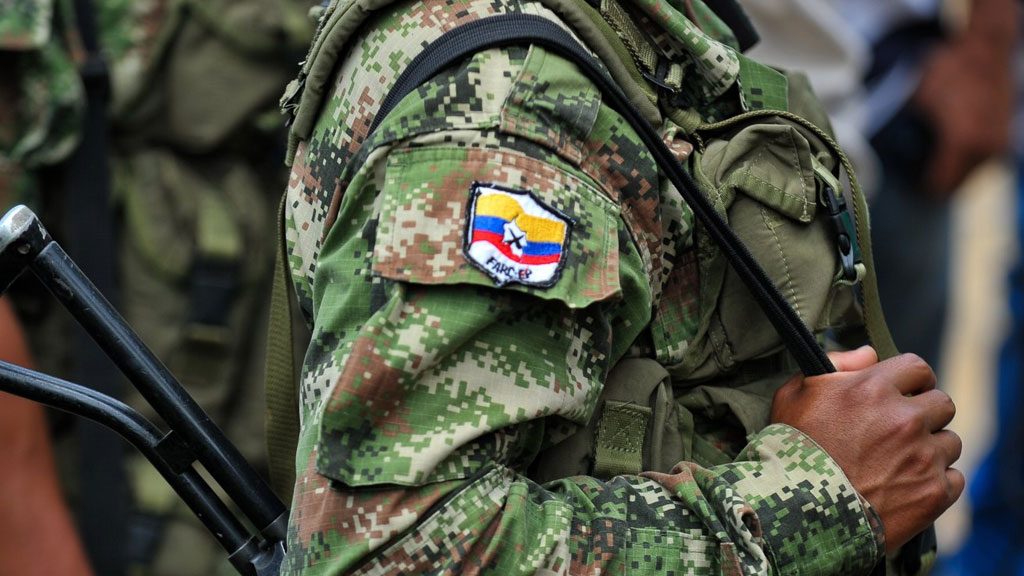Rebel group FARC has lived up to its unilateral ceasefire that came into force on December 20, said both Colombia’s Ombudsman’s Office and a conflict monitoring NGO on Tuesday, exactly one month after the calling of the truce.
According to the Ombudsman’s Office, it registered “no offensive military actions” on security forces and infrastructure.
The state human rights office did report that the FARC engaged in three armed encounters with state forces. However, in none of these cases the Ombudsman could establish which of the warring parties commenced the hostilities.
MORE: Leftist ceasefire watchdog urges to end attacks on FARC after rebels kill soldier
During the unilateral ceasefire, the Ombudsman’s Office additionally recorded one attack, two homicides and four incidents involving landmines on territory where the rebels exercise control, but in none of these cases the human rights office was able to establish a direct involvement of Colombia’s largest rebel group.
“The monitoring carried out since December 20, 2014, allows us to state that in this period of time we have registered no offensive military actions by the FARC that could be considered a breach or a violation of the ceasefire,” the Ombudsman’s Office concluded.
The Foundation for Peace and Reconciliation, a left-leaning conflict monitor, corroborated the Ombudsman’s conclusions and said the FARC had “fully complied” with the ceasefire put in place to relieve pressure on the talks that have been ongoing since 2012.
The NGO registered 17 combat situations — significantly more than the Ombudsman’s Office — but said the FARC had complied “a 100%” to its self-imposed ceasefire.
Peace and Reconciliation said that the army, while not having agreed to a bilateral ceasefire, did diminish the number of attacks on guerrilla units.
Additionally, the NGO said that “in the great majority of conflict areas the civilian population claimed an improvement in terms of mobility, diminishing of armed confrontations, among others.”
Fact sheetPeace talksProfileFARC |
The FARC declared the unilateral ceasefire in an attempt to avoid that military victories by the rebels could undermine the credibility of the peace talks that have been ongoing in spite of the continuation of armed conflict.
The government has so far refused to agree to a bilateral truce. However, following the FARC’s initiative, the administration of President Juan Manuel Santos agreed to push negotiations over a bilateral ceasefire forward.
The possibilities of a bilateral ceasefire are complicated by the fact that the FARC is not the only military opponent of the security forces; the smaller ELN group has continued military offensives while engaged in exploratory talks with the government.
Both groups have been fighting the Colombian state since their foundation in 1964. The conflict in which the FARC and ELN have been engaged has killed more than 900,000 and displaced more than 7 million.


